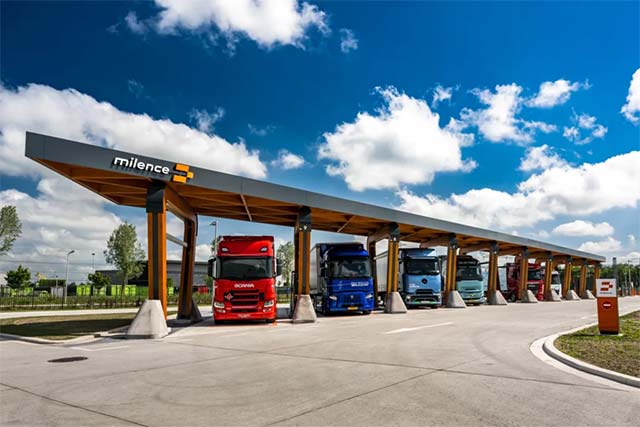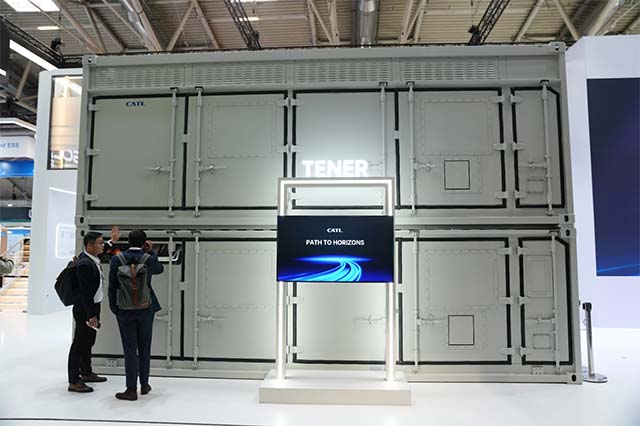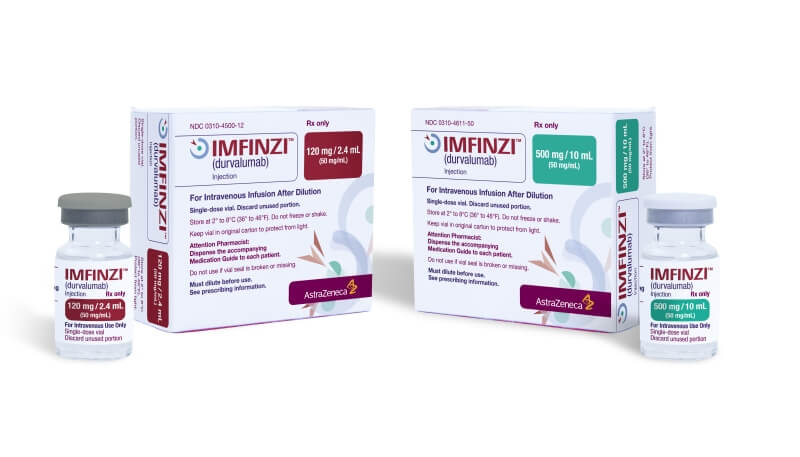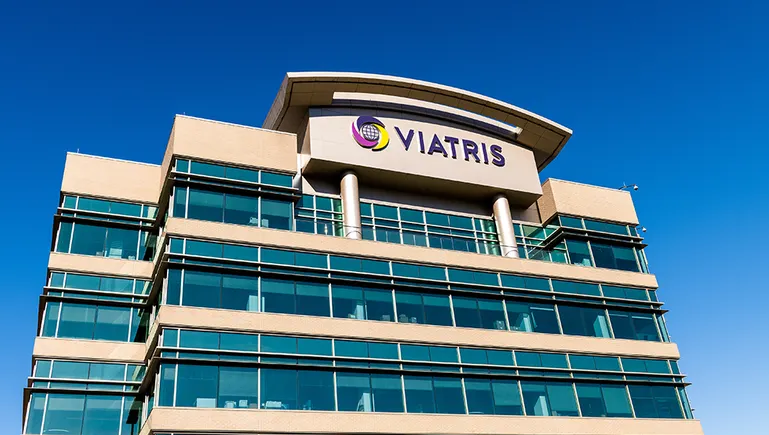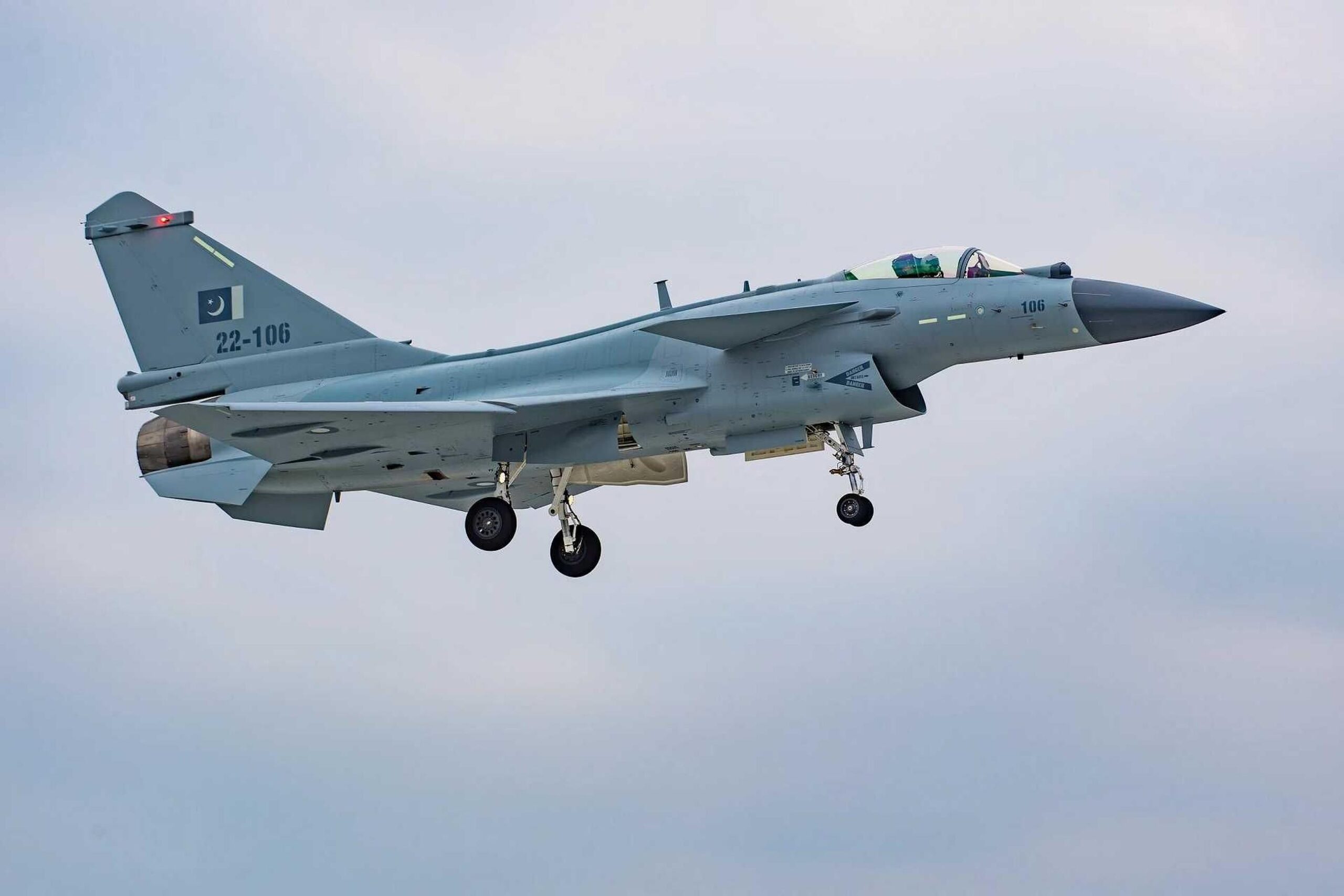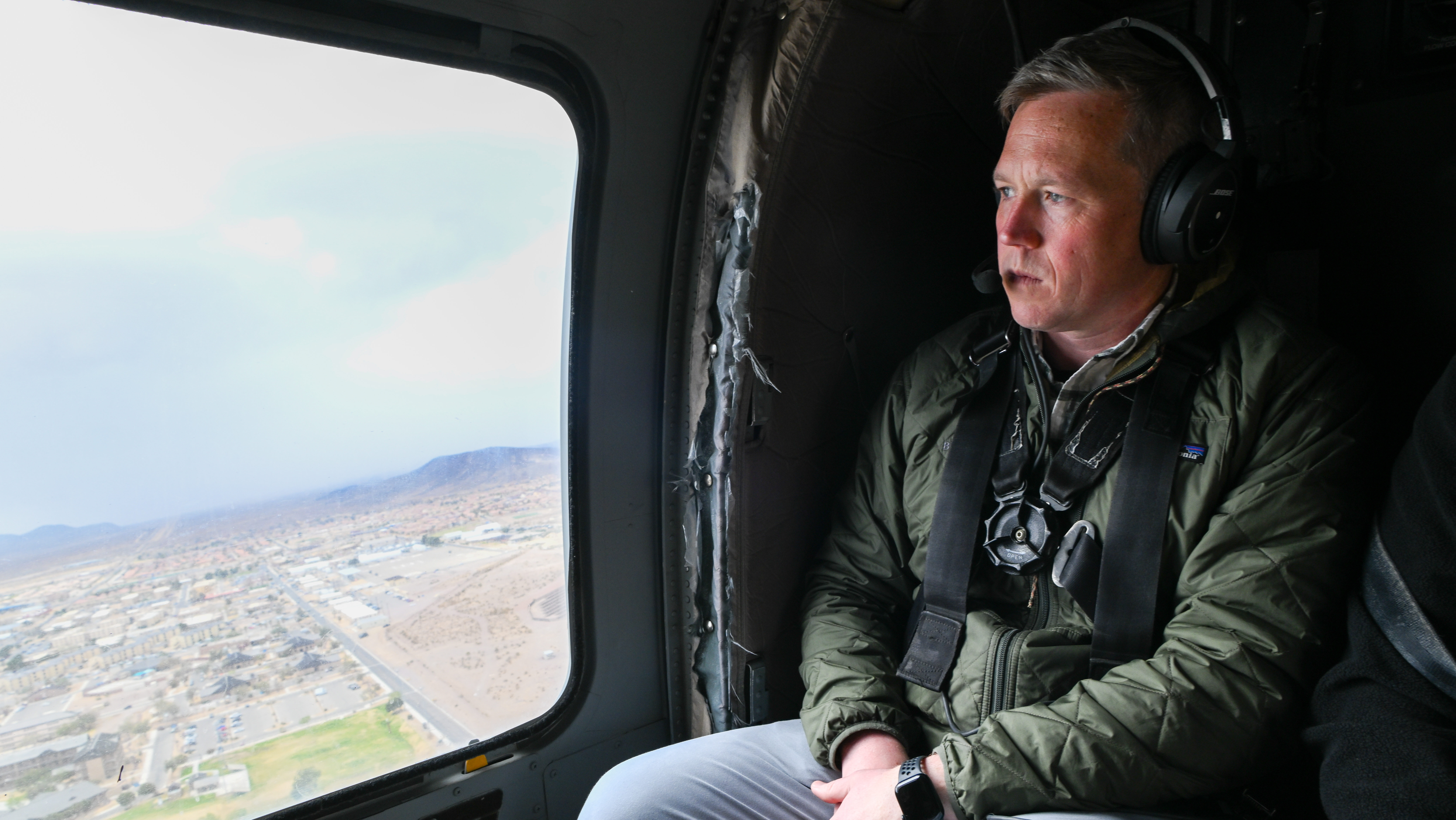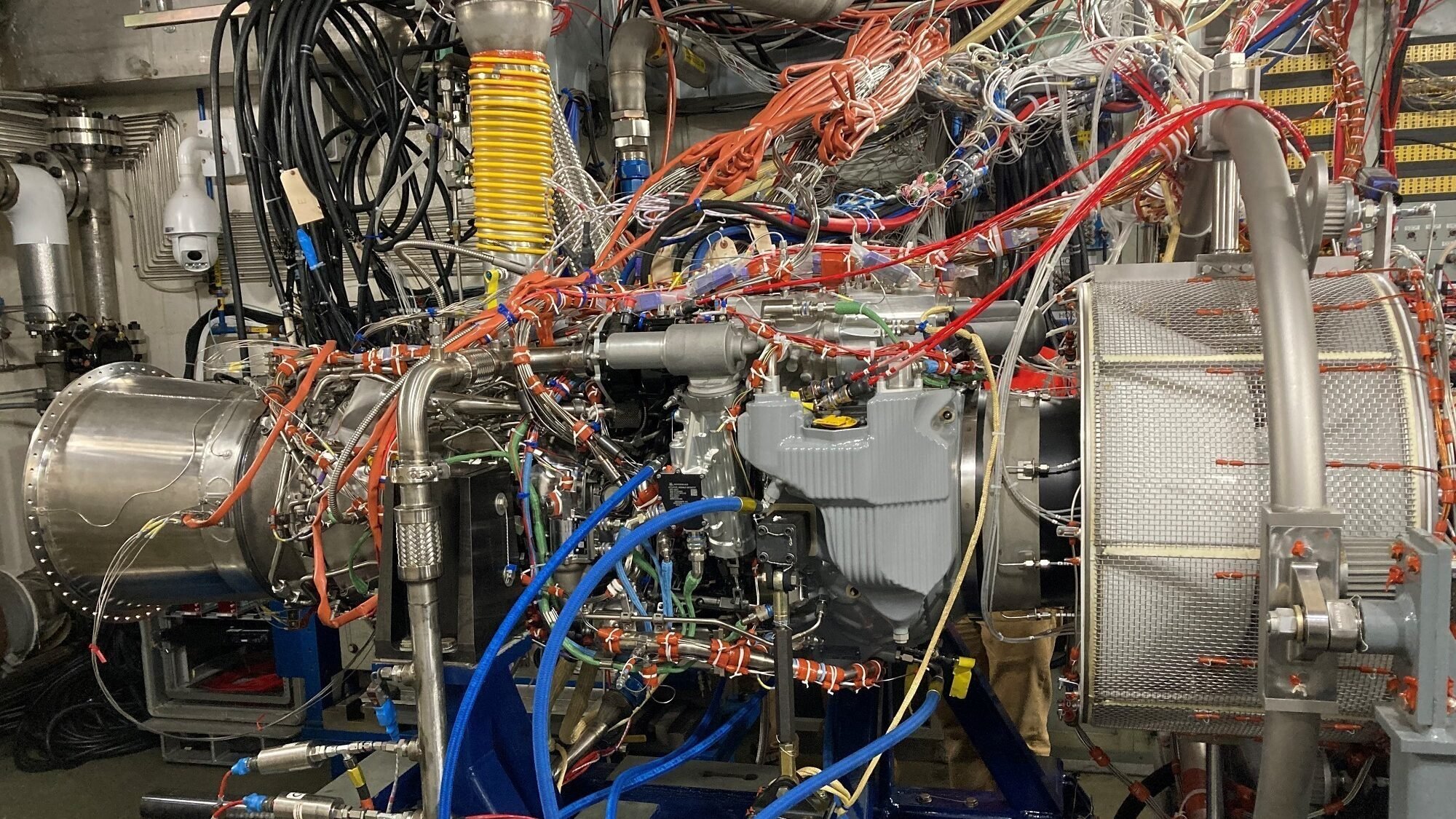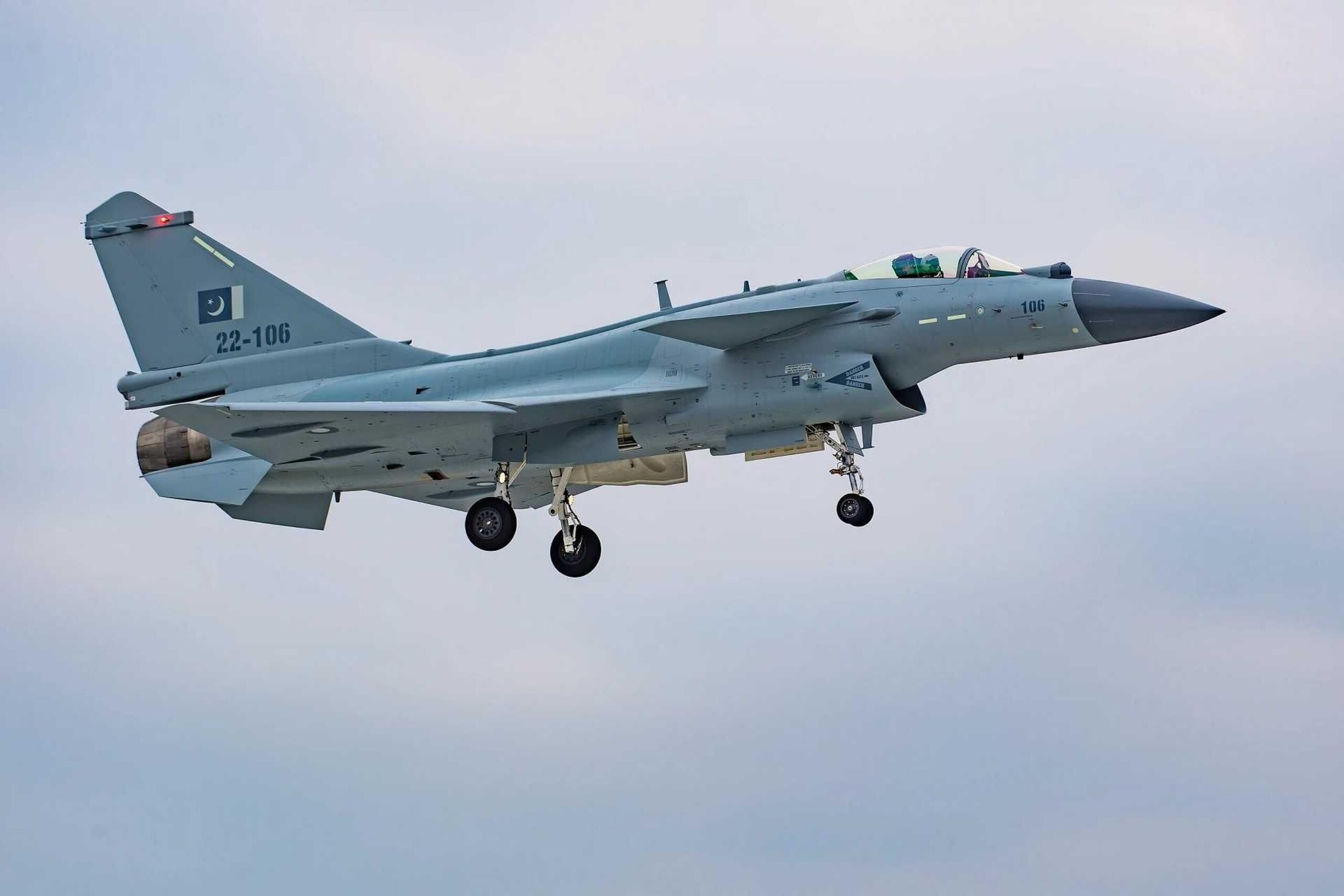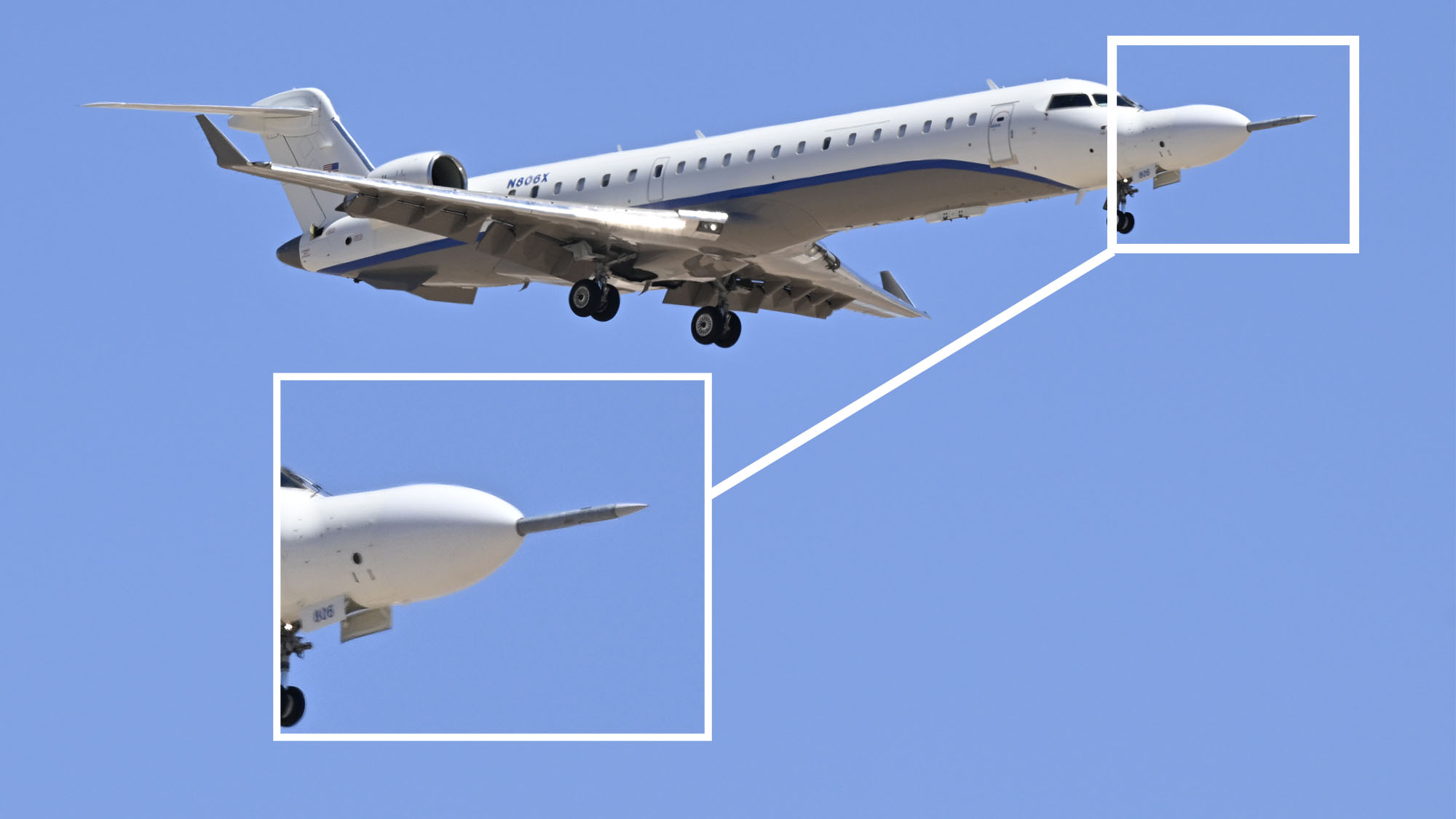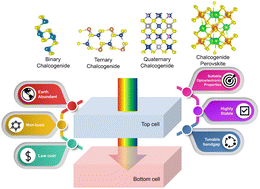DHL seeks to transform life science and health care logistics through AI
DHL views the role of AI in innovation as crucial to long-term success and development in life science and health care logistics. The post DHL seeks to transform life science and health care logistics through AI appeared first on FreightWaves.

CHICAGO – Innovations in logistics technologies took center stage at the recent DHL Media Day, held at one of its four Innovation Centers. The event put particular emphasis on how artificial intelligence is revolutionizing supply chains across industries. When it comes to the life science and health care industries, where reliability, compliance and precision are crucial, these advancements represent opportunities to enhance patient outcomes while optimizing operational efficiency.
In April, DHL, a Germany-based global logistics company, announced a $2.2 billion investment over the next five years to upgrade and prioritize its logistics capabilities and footprint in the life science and health care sector.
“When there is significant investment in that industry, it makes it easier to go out and find partners to help innovate,” Klaus Dohrmann, head of innovation and trend research, said at the Chicago event. “The advancements allow us to lean on our internal expertise and identify strong use cases for new innovations.”
DHL has dedicated significant resources to leverage its global network to address the specific requirements of health care products and pharmaceutical supply chains.
Among 40 trends identified in DHL’s Logistics Trend Radar, AI applications emerged as particularly relevant to health care logistics. The use of AI in the life sciences supply chain addresses multiple critical areas:
Enhanced safety and compliance
The Protex AI partnership offers insights applicable to health care environments. While initially focused on general workplace safety, this AI-powered computer vision technology demonstrates how visual monitoring systems can identify risks and enhance compliance – critical factors in pharmaceutical and medical production facilities where maintaining sterile conditions and following strict protocols is essential.
Protex AI’s system uses computer vision and AI to analyze data and generate proactive safety events. These events can include use cases like near misses or noncompliance with procedures. The technology actively observes and assesses various parameters such as forklift speed, adherence to predefined walkways, proper use of personal protective equipment and identification of obstructed pathways.
The innovation process in health care contexts
Ernesto Camacho’s, senior innovation manager, overview of DHL’s five-stage innovation process provided a framework for understanding how the company evaluates and implements new technologies in specialized sectors like health care:
- Discovery: Identifying pain points in health care logistics through interviews with hospital administrators, pharmaceutical manufacturers and clinical staff.
- Solution identification: Scouting AI technologies with potential applications in health care supply chains.
- Fit assessment: Evaluating solutions against strict health care compliance requirements and ROI potential.
- Pilot testing: Conducting limited-scale tests in health care environments.
- Recommendation: Determining whether solutions meet the stringent requirements for health care deployment.
This methodical approach aims to ensure that innovations address real operational challenges while meeting the high standards required in health care environments, Camacho said.
Implementation challenges and change management
While the potential benefits of AI in health care logistics are substantial, successful implementation must be accompanied by thoughtful change management and staff engagement according to DHL.
The importance of this people-centric approach is magnified in health care settings where clinical staff, laboratory technicians and logistics personnel must work together seamlessly. DHL’s is therefore focusing on collaborative development with technology partners to ensure that solutions are adapted to specific operational contexts rather than implemented as one-size-fits-all technologies.
Asked about the innovation the team was proudest of over the past few years, Dohrmann said, “The advancement of IoT trackers: the evolution the devices have taken from more than just location and temperature to now shock notification, humidity, light exposure and CO2 emissions.”
Emilia Endara, innovation engagement manager, said hers was “The network adaptability. Being able to pick up medicine outside its normal route. Having the ability to take a temperature-tracking device and know that medicine is safe for use after it leaves the safety of the controlled environment. That in addition to the colleagues on the front lines of the deliveries. The fact that so many packages can be handled without failure will always be a highlight.”
The focus on sustainability, highlighted as a key trend in DHL’s research, also has particular relevance for health care logistics. Sustainability is top of mind for most countries. For example, the European Commission notes that “The European Climate Law writes into law the goal set out in the European Green Deal for Europe’s economy and society to become climate-neutral by 2050. The law also sets the intermediate target of reducing net greenhouse gas emissions by at least 55% by 2030, compared to 1990 levels.”
As global health care and life science companies continue to move forward, sustainability has returned to the front of the conversation in a major way for the cold chain as refrigerants and coolants get phased out in favor of cleaner alternatives.
As these technologies continue to evolve, their integration into health care logistics operations will likely accelerate, driven by the dual imperatives of improving patient outcomes and controlling health care costs. DHL is pursuing a systematic approach to innovation that balances technological advancement with practical implementation, potentially providing a model for how complex organizations can successfully adopt AI within specialized supply chains.
The post DHL seeks to transform life science and health care logistics through AI appeared first on FreightWaves.








